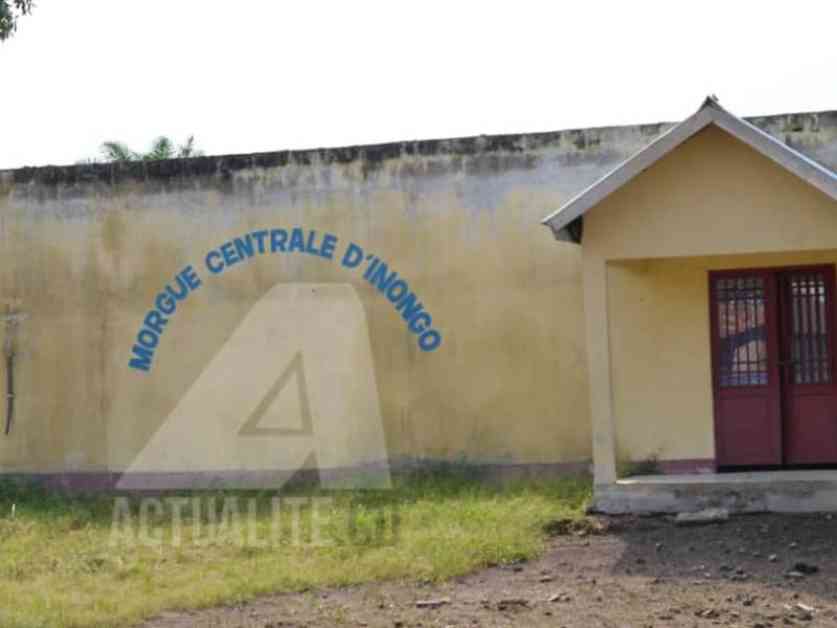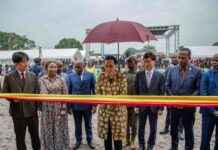**Inongo Morgue: A Critical Look at Local Traditions After 2 Years of Neglect**
In the heart of Inongo, the capital of the Mai-Ndombe province, lies a morgue that was once meant to be the pride of the local referral hospital. Today, however, it stands as a relic of the past. The building and its equipment are mere shadows of what they used to be, with no one able to recall the last time a body was preserved within its walls. This facility has been out of commission for close to two years now, with neither the managing physician nor the health authorities having a grasp on the state of the equipment stored inside. Monitoring of the morgue ceased several months ago, raising concerns about inadequate management.
**A Gift from the Past**
Sources close to the situation revealed that this health infrastructure was a donation from the former interim governor, Jack’s Mbombaka, who funded and provided logistics for its establishment. The free services were intended to encourage a population deeply rooted in local traditions to embrace this modern amenity. Launched in 2021, the morgue operated for a mere two months, accommodating just a handful of bodies before its operations were abruptly halted due to high fuel consumption from the hospital’s generator, to which it was not directly linked. A possible alternative solution was considered during Governor Rita Bola’s tenure, but the generator was subsequently removed, leaving the facility deserted.
**Two Years of Abandonment**
Fast forward two years later, and the morgue at the Inongo referral hospital remains unused. Its doors are securely locked and chained, weeds have taken over the surroundings, and a layer of sand covers its floors. The individual in charge of the facility, speaking anonymously, expresses bewilderment over the actual breakdown of its systems – whether due to the lack of a generator, absence of refrigerant, or technical malfunctions.
**A Return to Tradition: Minimalist Tributes to the Deceased**
Seba Manongo, the president of the Bonse Communal Council, highlighted the shift back to traditional practices in the absence of a functional morgue. He explained that in the event of a death, the family retrieves the body, brings it home, and keeps it overnight before proceeding with the burial the next day. Without a working morgue, preserving the body becomes impossible, sometimes leading to same-day burials, which he deems abnormal given the morgue’s two-year dormancy.
**Innovating Amidst Local Resistance**
Provincial authorities attribute the morgue’s abandonment to the weight of local traditions alongside logistical challenges stemming from the lack of electricity. Governor Nkoso Kevani acknowledges the strong resistance from the community, necessitating extensive awareness campaigns to garner support for the morgue’s operation. He remains optimistic that with the installation of a photovoltaic system, the morgue will run round the clock, emphasizing the need to educate the population on its significance. Despite lingering opposition, he believes that once electricity is secured, the morgue will operate seamlessly, benefiting the community as a whole.

















